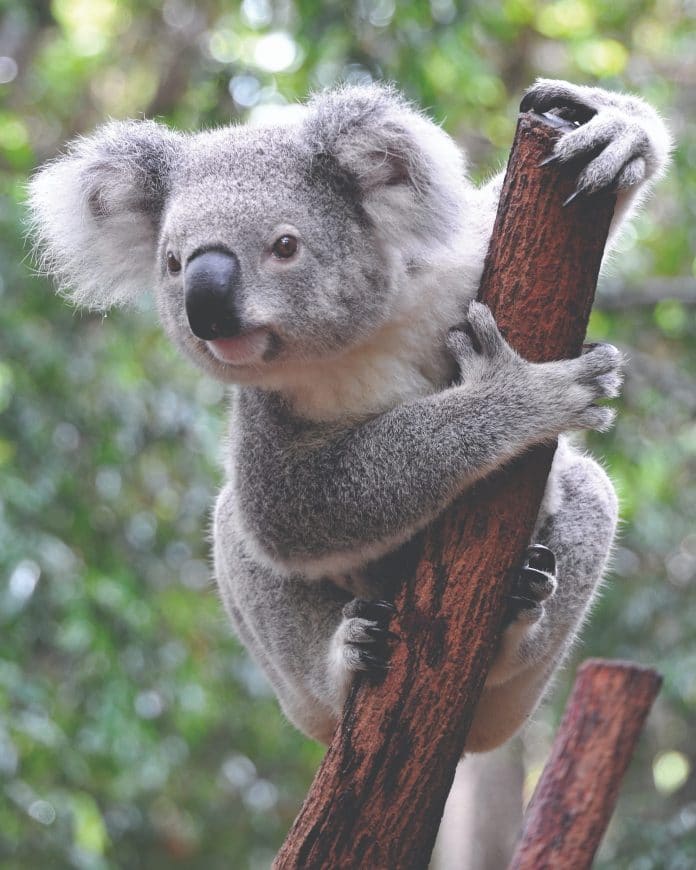Freezing koala sperm could help save the species according to researchers at the University of Newcastle.
By integrating frozen koala semen into its assisted breeding program, the team hopes to future-proof an Australian icon that currently faces extinction by 2050.
In a model published Wednesday 13 April in the international journal Animals, a pair of Hunter scientists detail a captive breeding program they believe will cut costs and retain genetic diversity in the much-loved marsupial.
The paper is a joint study with Deakin University, the University of Newcastle, FAUNA Research Alliance, The University of Queensland, Taronga Conservation Society Australia, Macquarie University, and Port Stephens Koala Hospital.
Co-author and conservation scientist at the University of Newcastle, Dr Ryan Witt, says the first-of-its-kind modelling will future-proof the species.
“Currently, we have no optimised tools that can store live koala reproductive material, such as sperm. So, we have no insurance policy against natural disasters like the 2019-2020 bushfires that threaten to wipe out large numbers of animals at the one time.
“If the koala population dies in these kinds of fire events, there is no way to bring them back or preserve their genetics.
“Biobanking, if developed for the koala, would offer a solution to store or “bank” live koala genetics by freezing sex cells such as sperm.
“The frozen sperm can then be used to impregnate female koalas in breed-for-release programs, using assisted reproductive technology,” Dr Witt said.
Dr Witt says the new modelling was also much cheaper than current koala breeding programs.
“Captive breeding programs require larger koala colony sizes to prevent inbreeding,” he said.
“But by integrating assisted reproduction we can reduce the number of koalas needing to be in captivity, lower costs, and improve genetic diversity.
“This would free up valuable conservation funding to support a greater number of species, or to support other koala conservation efforts such as habitat restoration.”
Lead author Dr Lachlan Howell says through his PhD research at the University of Newcastle, he has spent years developing and analysing this robust model for various endangered animals and believes it offers the koala the most promise.
“We’ve identified 16 wildlife hospitals and zoos across Australia that could act as nodes to collect koala sperm and help integrate assisted reproduction,” Dr Howell said.
“Recent advances have shown us that artificial insemination using fresh and chilled sperm works in koalas.
“The hurdle is trying to freeze sperm and make use of it.
“All that is needed now is more research and funding to tweak existing assisted reproduction technologies so that we can cryopreserve koala sperm, just like we do for humans.
“This may be the pathway we need to take to ensure the future of Australia’s much-loved koala,” Dr Howell said.
For more stories like this:
- NSW, QLD, ACT koalas listed as endangered
- Port Stephens koalas ‘isolated’
- Campaign to save koalas under global spotlight
Get all the latest Newcastle news, sport, entertainment, lifestyle, competitions and more delivered straight to your inbox with the Newcastle Weekly Daily Newsletter. Sign up here.







